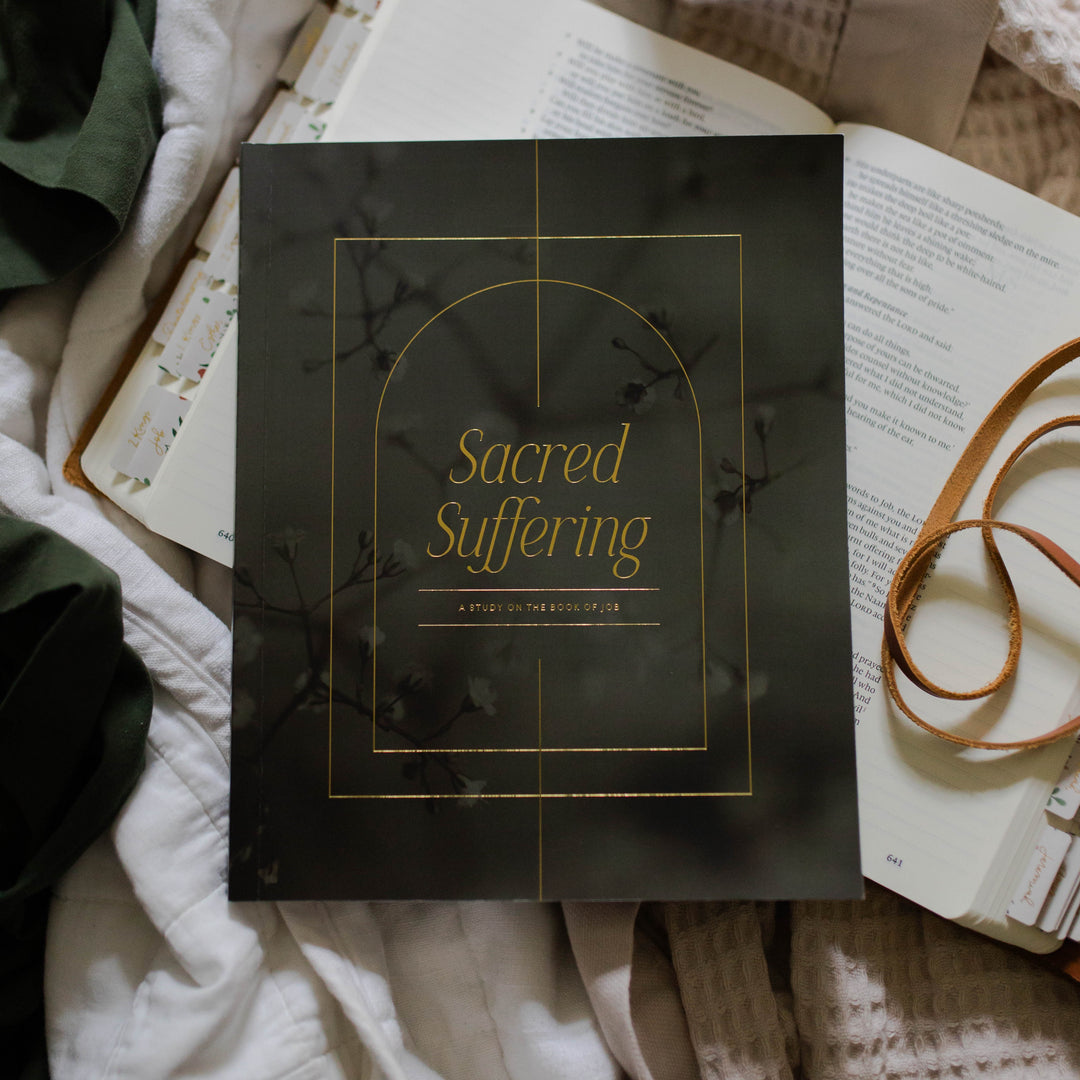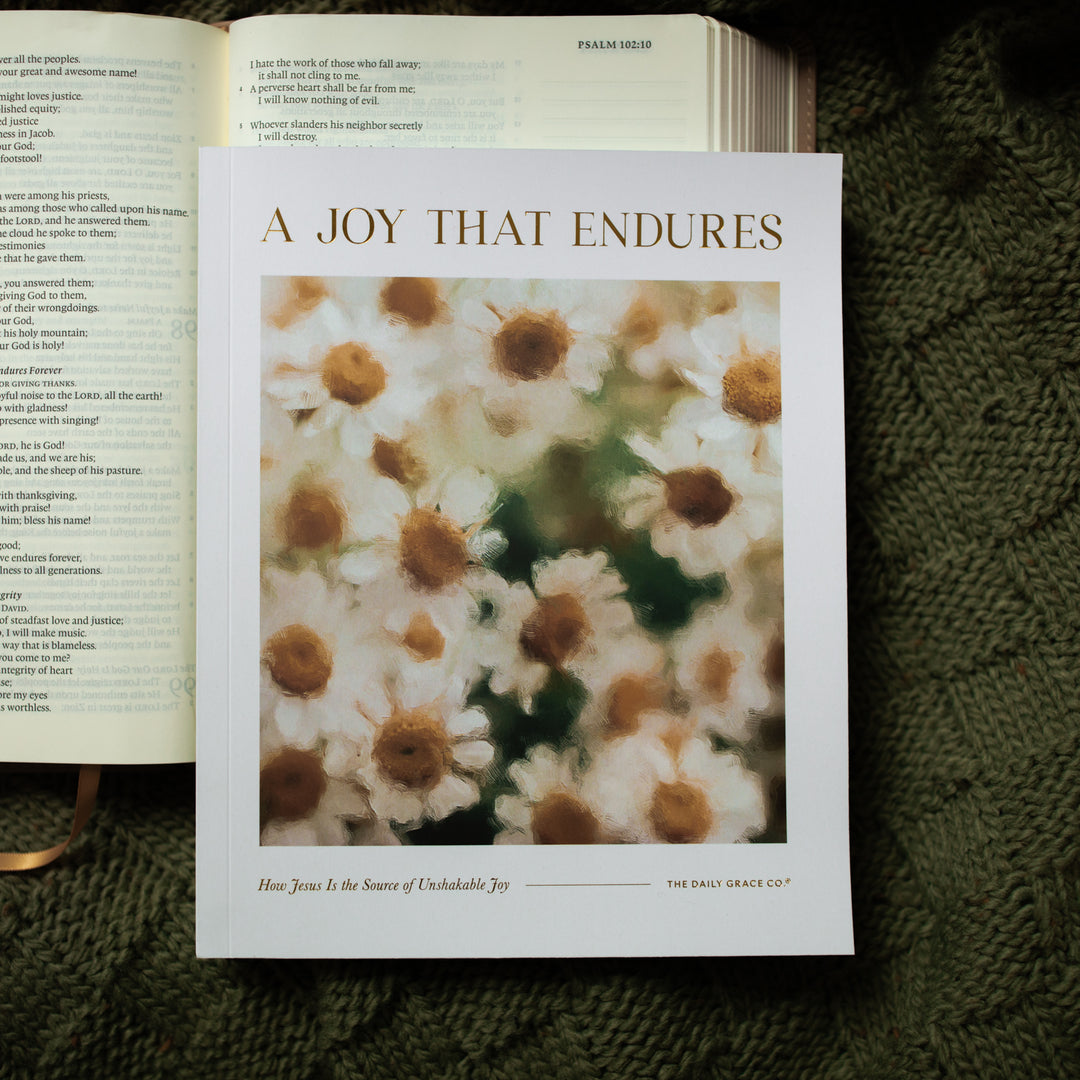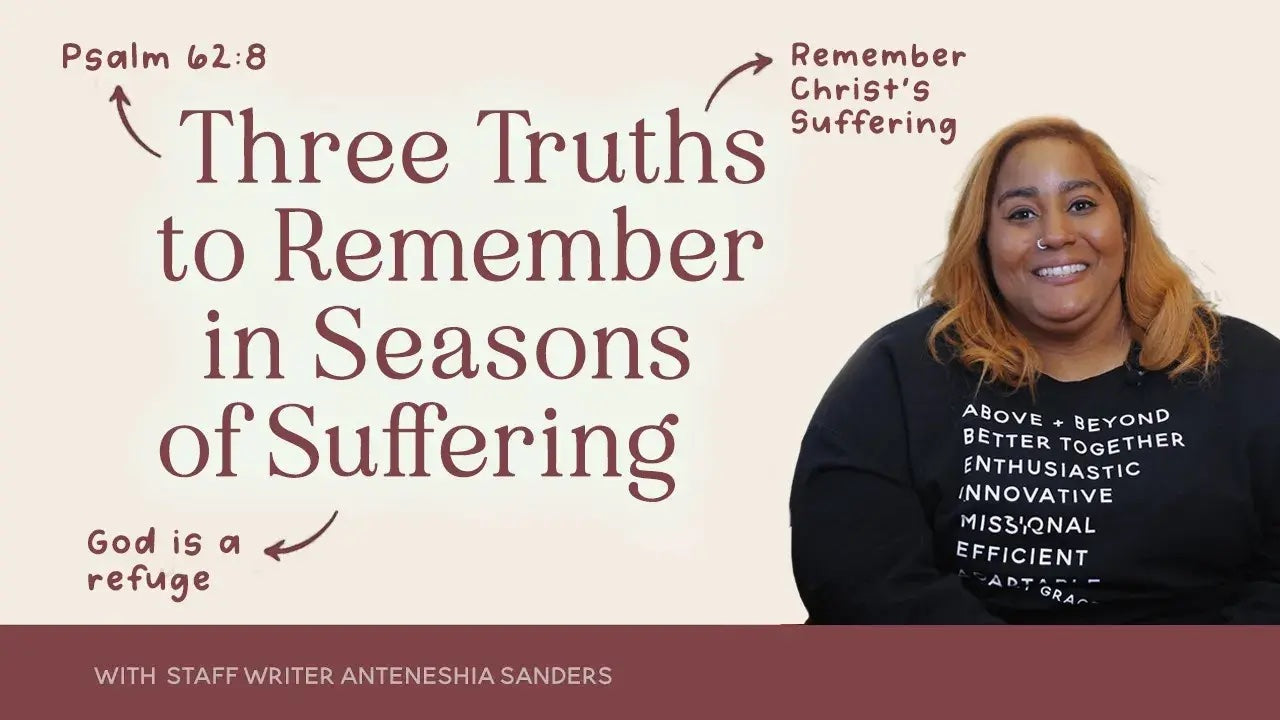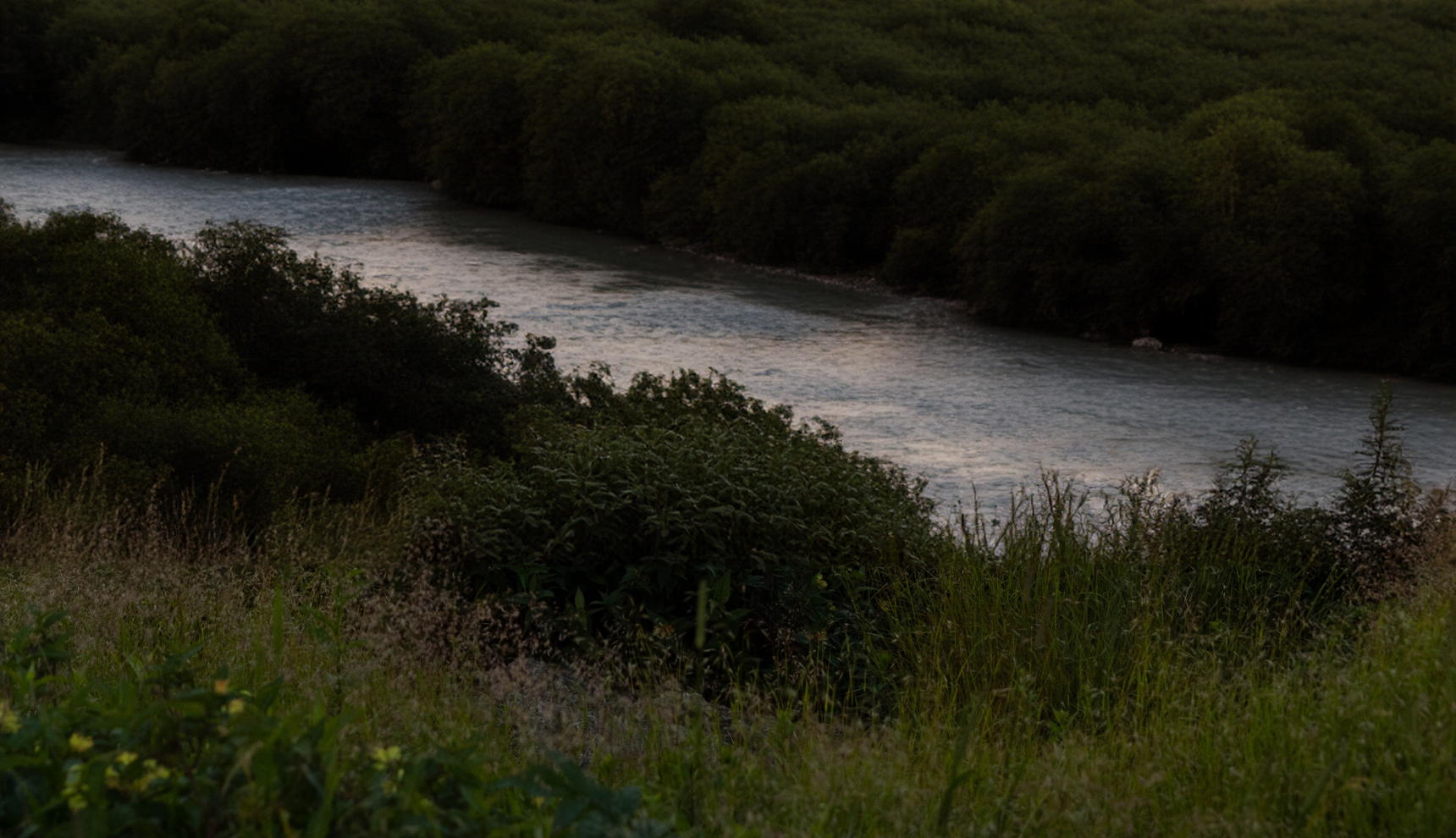In The Pilgrim’s Progress, John Bunyan’s classic allegory of the Christian life, the main character, Christian, finds himself approaching a dark valley called the Valley of the Shadow of Death. Before he can enter it, two men running in the opposite direction approach him and tell him about the miseries of the valley. Though warned to turn back himself, Christian knows this isn’t an option for him. He is traveling the road to the Celestial City (heaven), and seeing that it leads through the valley, he resolves to go on. “In spite of what you’ve said,” he tells the men, “I still see this as my path to the desired refuge.”1
Bunyan’s inspiration for this valley comes from Psalm 23. David opens this psalm by painting an intimate picture of his relationship with God: “The LORD is my shepherd.” He then employs this shepherd-sheep metaphor to communicate God’s attentive and all-encompassing care for him, care which includes such plentiful provision that David can say “I have what I need.” Verses 2 and 3 likewise reinforce God’s lavish provision, as David speaks of “green pastures,” "quiet waters”, and renewal. This good life is found on the “right paths” that God calls us to walk on (verse 3).
David isn’t naive, though. He knows, as Christian came to find out, that the path God calls us to walk is not always green pastures and quiet waters. Sometimes the path leads us into the “darkest valley” (verse 4). And this is likely something you’ve come to find out for yourself. Life is often accompanied by pain, misery, and tears. Making matters worse are the unanswered questions that accompany our journey through the valley: Why is God allowing this suffering? How long will this suffering last?
We don’t always know the answer to those questions. Nevertheless, Psalm 23 offers us two important reminders to cling to when we find ourselves in dark valleys.
The Valley is Not the End
If we’re honest, it is not too difficult to trust that God is good when we find ourselves in green pastures and along quiet waters. When the terrain of our path changes, though, and we find ourselves in the dark valley, trusting God comes less naturally. In these moments, however, we need to remember that the dark valley is as much a part of the “the right paths” God leads us on as those serene pastures. God is no less good when our paths lead through suffering, something Job recognized when he said “The LORD gives, and the LORD takes away. Blessed be the name of the LORD” (Job 1:21).
With that, we need to remember that the valley is not the end of our path but a stop along it. The valley is not our home. We are passing through. Whether “dark valley” describes a particular season of our lives or the majority of our days, our emergence from it will never feel soon enough. But it will pass. How things are is not how things will stay.
We Don’t Walk Alone
God, David’s Shepherd, does not merely tell David to go into the valley, promising to meet him on the other side. They go together. David is still being led by God’s “rod and…staff” (verse 4), which gives him comfort and the confidence to say “I fear no danger.” Interestingly, while David referred to God as “He” throughout verses 2–3, here he speaks more personally: “You are with me” (emphasis added). Not only is David journeying on one of God’s right paths, He is doing so with God at his side.
Suffering has a way of making us
Unlock a 10% off coupon!
-
“You will have suffering in this world. Be courageous! I have conquered the world” (John 16:33).
-
“I am with you always, to the end of the age” (Matthew 28:20).
-
“I am the good shepherd. The good shepherd lays down his life for the sheep” (John 10:14).
Like David, we have a Shepherd who has bound Himself to us; a Shepherd who has committed Himself to making sure we will emerge on the other side of the valley. This Shepherd is so devoted to our good that He lay down His own life for us. Under His care, none of the bad that happens to us can endure forever. Sorrow, misery, tears…all are destined to pass. And all that will remain for us is that we will “dwell in the house of the LORD forever” (verse 6, ESV).
The Light of Dawn
As Christian continued journeying through the Valley of the Shadow of Death, the light of dawn slowly began to illuminate the valley’s darkness, allowing him to see not just the dangers he had already passed through, but the many dangers that still lay ahead. Bunyan writes, “Then Christian said, ‘His lamp shines upon my head, and by His light I go through the darkness.’ In this light, therefore, he came to the end of the valley.”
May we remember that the valley’s end is coming. And until we get there, may we walk in the light with our Shepherd who accompanies us as we travel to our refuge.
Notes:
-
John Bunyan, The Pilgrim’s Progress In Modern English. Bridge-Logos, 1998.
Additional Resources for Walking Through Suffering:
| Sacred Suffering | A Study on the Book of Job  Loading price… | Draw Near to God: A Collection of Liturgies, Prayers, and Blessings  Loading price… | A Joy That Endures | How Jesus Is the Source of Unshakable Joy  Loading price… | Three Truths to Remember in Seasons of Suffering  |










